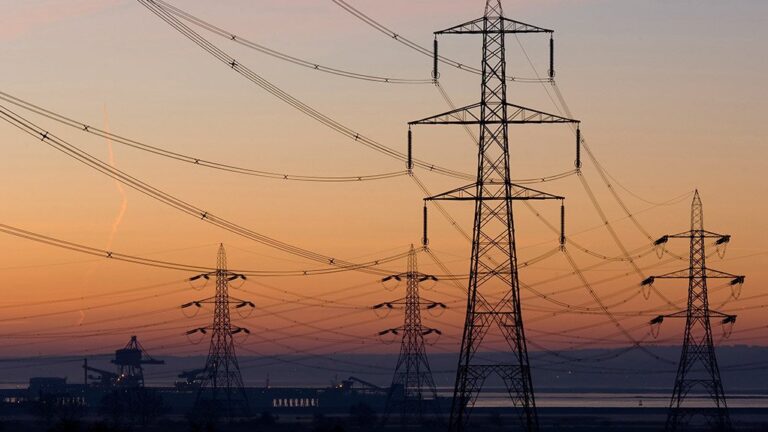Building resilience in African cities: A think piece

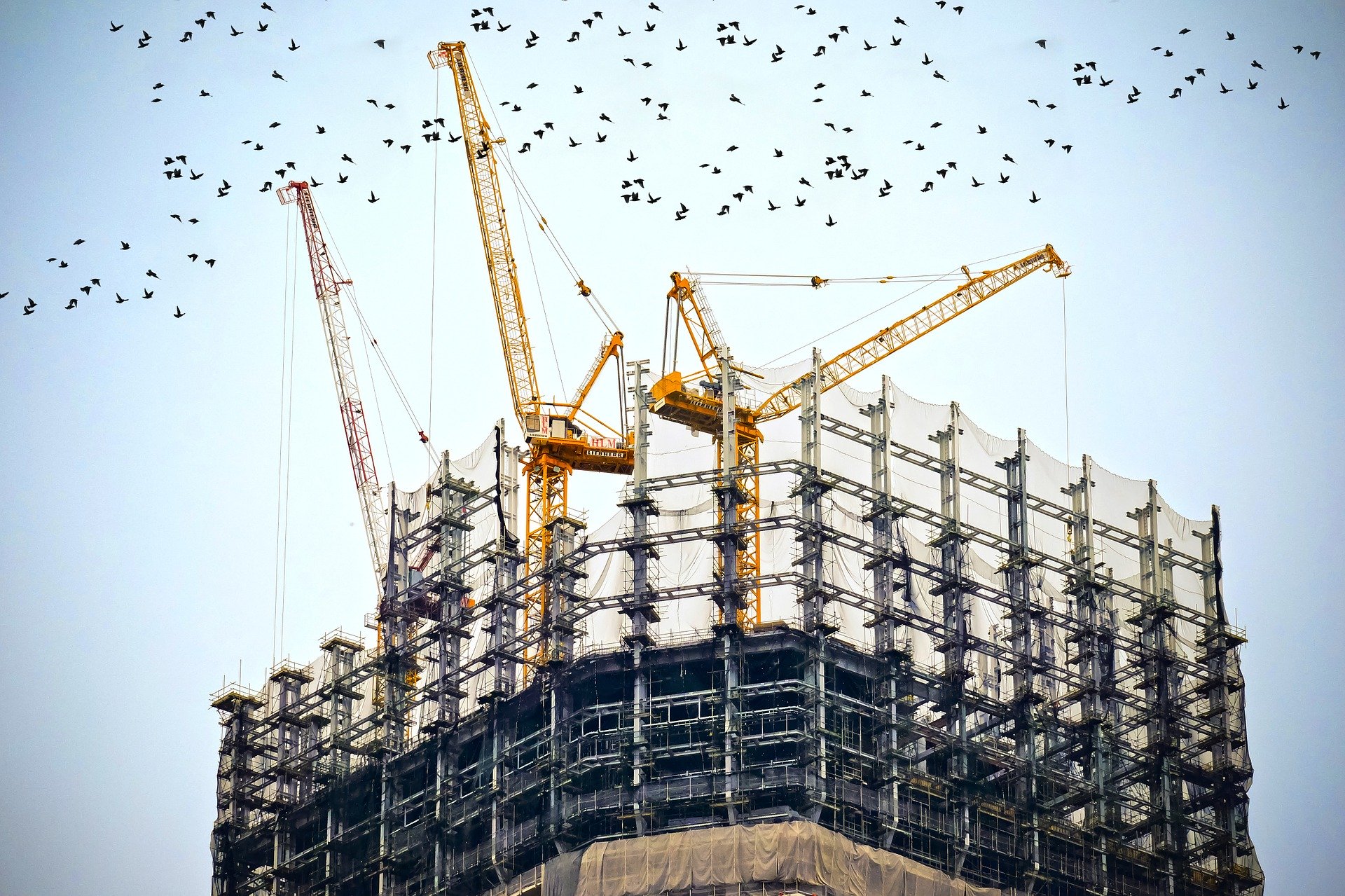

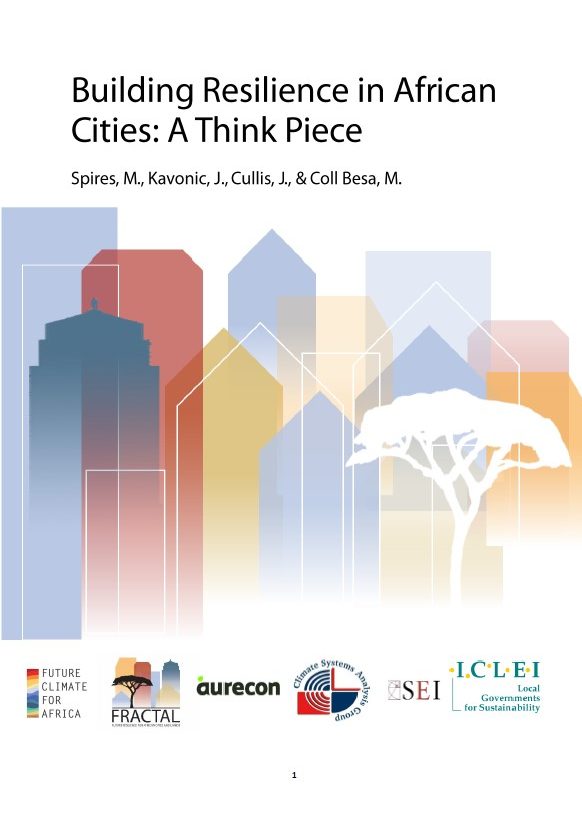
Download:
Related ICLEI Pathway(s)
About
Resource summary
Resilience has become a powerful term, used in multiple contexts, at multiple scales. A mutually understood definition, that all who use it adhere to, is lacking, particularly in relation to the future development of cities, and in the developing world. The motivation behind writing this think piece was that when engaging with city stakeholders during the Future Resilience for African CiTies And Lands (FRACTAL) project and others, we would often get asked: but what does this term resilience really mean, what does it mean within the context of cities, and more specifically, what does it mean for African cities? The think piece that follows is based on reflections from a group of FRACTAL project members. It is largely based on our experiences, as well as additional research. We do not consider this think piece authoritative, but rather a conversation starter, and encourage you the reader to contact us with your inputs/ experiences/ comments. We recognise that there are multiple other resources on resilience and encourage you to seek them out.
In light of this, this think piece forms part of a series, it is the first of many, and we look forward to your inputs for shaping future instalments. Finally, we must acknowledge at the outset that resilience as an approach and/ or outcome should not be imposed on cities. Furthermore, we recognise, that the desired outcomes of resilience are not uniformly held, hence the need for interrogation of questions such as: Resilience for whom/ what? City residents and decision makers need to decide themselves on how to tailor the resilience concept to be best applied in their specific context, related to the outcomes they seek.
Related resources
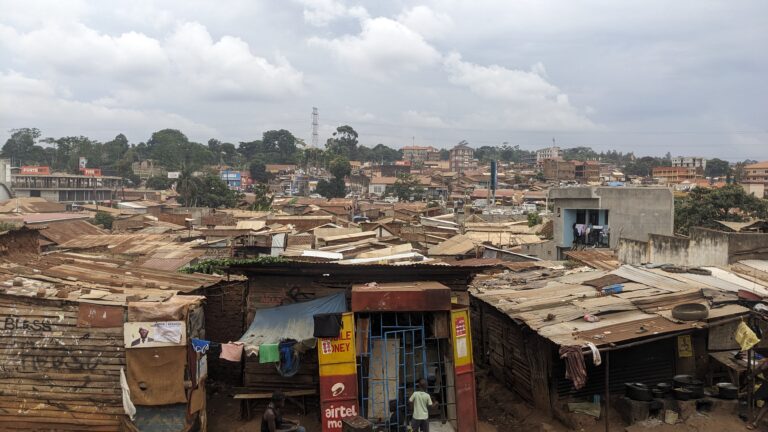
Understanding household access to cooking energy in informal Kampala
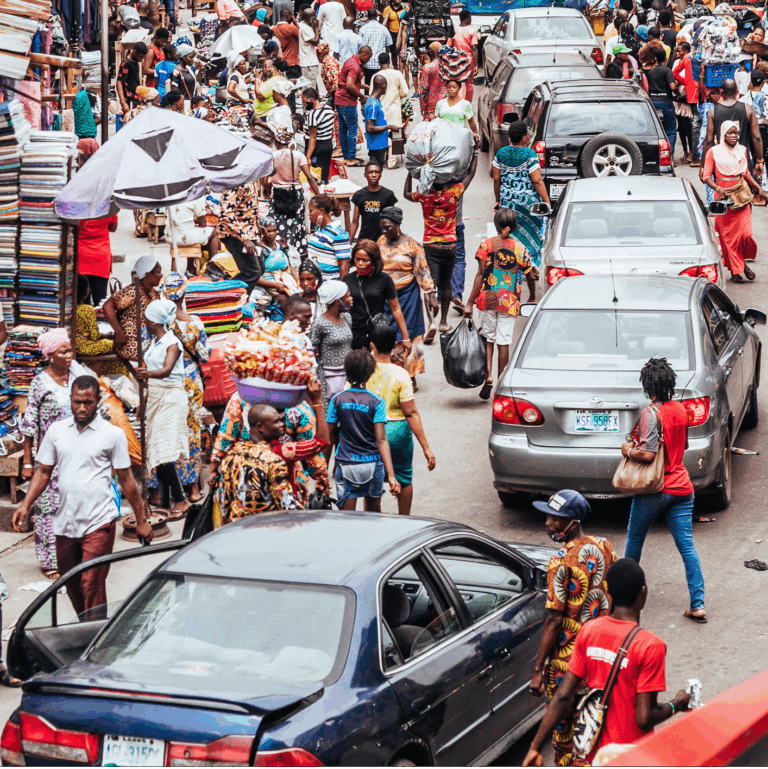
RISE Africa report 2025
